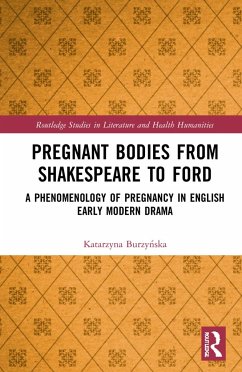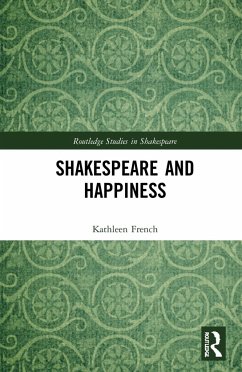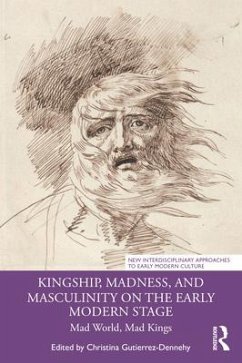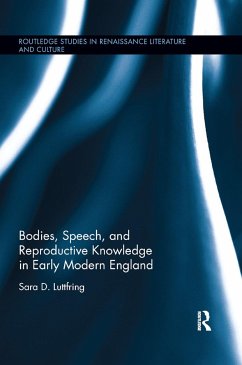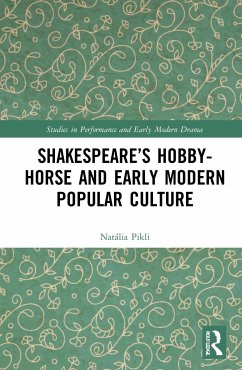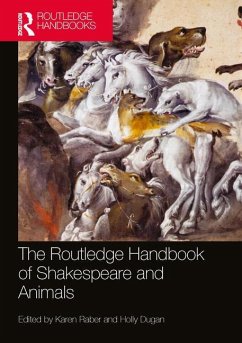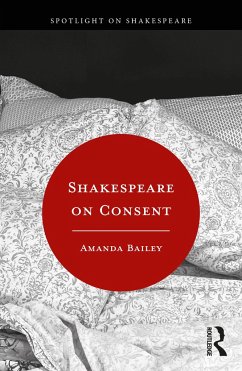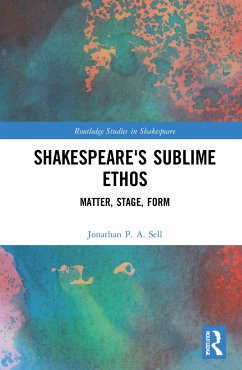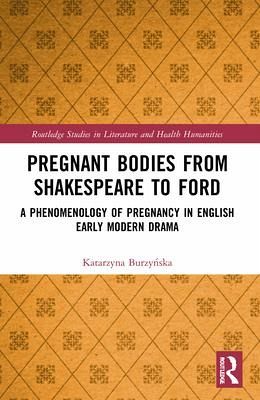
Pregnant Bodies from Shakespeare to Ford
A Phenomenology of Pregnancy in English Early Modern Drama
Versandkostenfrei!
Versandfertig in 6-10 Tagen
45,99 €
inkl. MwSt.
Weitere Ausgaben:

PAYBACK Punkte
23 °P sammeln!
This book explores how the pregnant body is portrayed, perceived and enacted in Shakespeare's and his contemporaries' drama by means of a phenomenological analysis and a recourse to early modern popular medical discourse on reproduction. Phenomenology of pregnancy is a fairly new and radical body of philosophy that questions the post-Cartesian chasm of an almost autonomous reason and an enclosed and self-sufficient (male) body as foundations of identity. Early modern drama, as is argued, was written and staged at the backdrop of revolutionary changes in medicine and science where old and new t...
This book explores how the pregnant body is portrayed, perceived and enacted in Shakespeare's and his contemporaries' drama by means of a phenomenological analysis and a recourse to early modern popular medical discourse on reproduction. Phenomenology of pregnancy is a fairly new and radical body of philosophy that questions the post-Cartesian chasm of an almost autonomous reason and an enclosed and self-sufficient (male) body as foundations of identity. Early modern drama, as is argued, was written and staged at the backdrop of revolutionary changes in medicine and science where old and new theories on the embodied self-clashed. In this world where more and more men were expected to steadily grow isolated from their bodies, the pregnant body constituted an embattled contradiction. Indebted to the theories of embodiment this book offers a meticulous and detailed investigation of a plethora of pregnant characters and their "pregnant embodiment" in the pre-modern works by Shakespeare, Middleton, Webster and Ford. The analysis in each chapter argues for an indivisible link between an intensely embodied experience of pregnancy as enacted in space and identity-shaping processes resulting in a more acute sense of selfhood and agency. Despite seemingly disparate experiences of the selected heroines and the repeated attempts at containment of their "unruly" bodies, the ever transforming and "spatial" pregnant identities remain loci of embodied selfhood and agency. This book provocatively argues that fictional characters' experience reflects tangible realities of early modern women, while often deflecting the scientific consensus on reproduction in the period.





